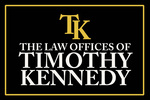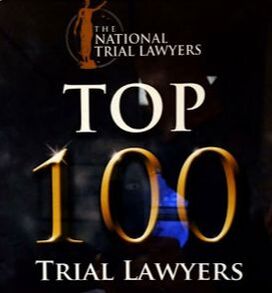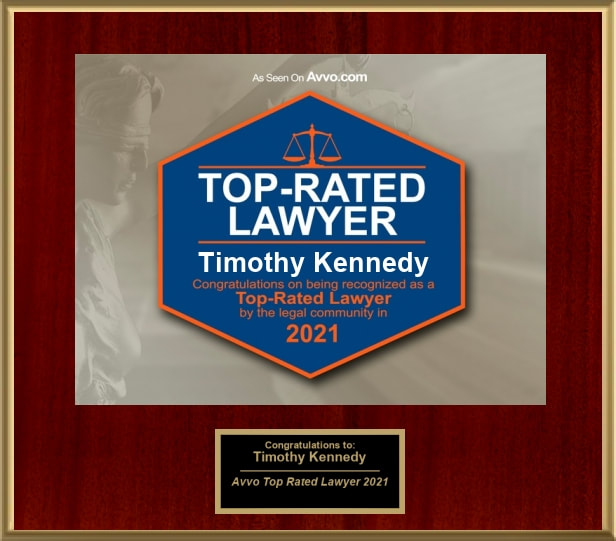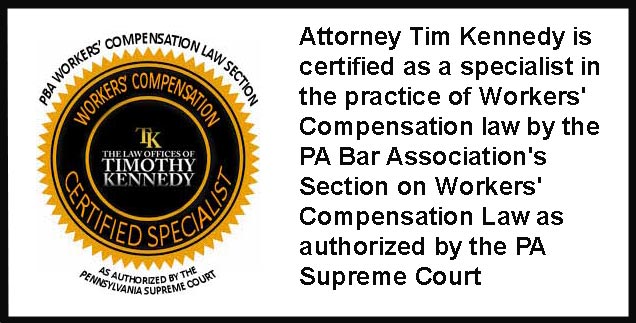Public Safety and Other Workers Get Special Rights for
|
A Trustworthy Attorney.
- Posted by Marvin Don't Wait for Trouble Before Contacting Us
Getting us involved early costs you nothing. We work on a contingency, and we only get paid when we win for you in court or negotiate a lump sum settlement you approve. We can help position your claim so that you may avoid a fight in court, while at the same time strengthening your position for a large lump sum settlement. Call us now to find out how.
|










